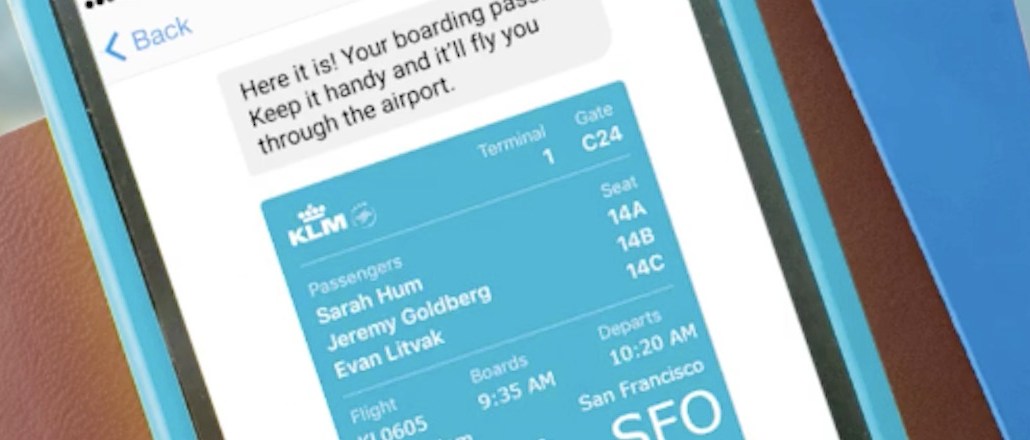Last chance to save on Digiday Publishing Summit passes is February 9

Facebook is expected to reveal its grand chatbot plans at tomorrow’s F8 developer conference.
The social network is providing developers with the tools so brands can build chatbots that can integrate with Facebook’s Messenger app, according to TechCrunch, which reported that the technology will be the focus of the two day conference.
In addition to chatting with friends on Messenger, the chatbots will spit out images and call to action buttons to let people view their online orders (i.e. a UPS chatbot), book restaurant reservations, plane tickets and car services. People will be able to download the chatbots from a new store.
Facebook is also said to be working on live video and chatting capability to connect brands with people in need of instant help. That could be a blow to Twitter, which has become the go-to app for people to complain to airlines. For its part, Twitter recently added a new button for brands that lets them speak privately with people
Facebook had no comment.
A smattering of brands have tiptoed into offering services on Facebook Messenger. For example, Everlane offers same-day clothing delivery in some cities, Dutch airline KLM sends flyers boarding passes through it and people can order an Uber there. Publishers, like the Washington Post, are also experimenting with their own bots.
Facebook could be the big boost that brings chatbots to the mainstream. While the technology has been in use since the 1960s, Facebook’s scale could be a big mainstream moment for it since more than 800 million people use Facebook Messenger.
More in Media

Brands invest in creators for reach as celebs fill the Big Game spots
The Super Bowl is no longer just about day-of posts or prime-time commercials, but the expanding creator ecosystem surrounding it.

WTF is the IAB’s AI Accountability for Publishers Act (and what happens next)?
The IAB introduced a draft bill to make AI companies pay for scraping publishers’ content. Here’s how it’ll differ from copyright law, and what comes next.

Media Briefing: A solid Q4 gives publishers breathing room as they build revenue beyond search
Q4 gave publishers a win — but as ad dollars return, AI-driven discovery shifts mean growth in 2026 will hinge on relevance, not reach.





